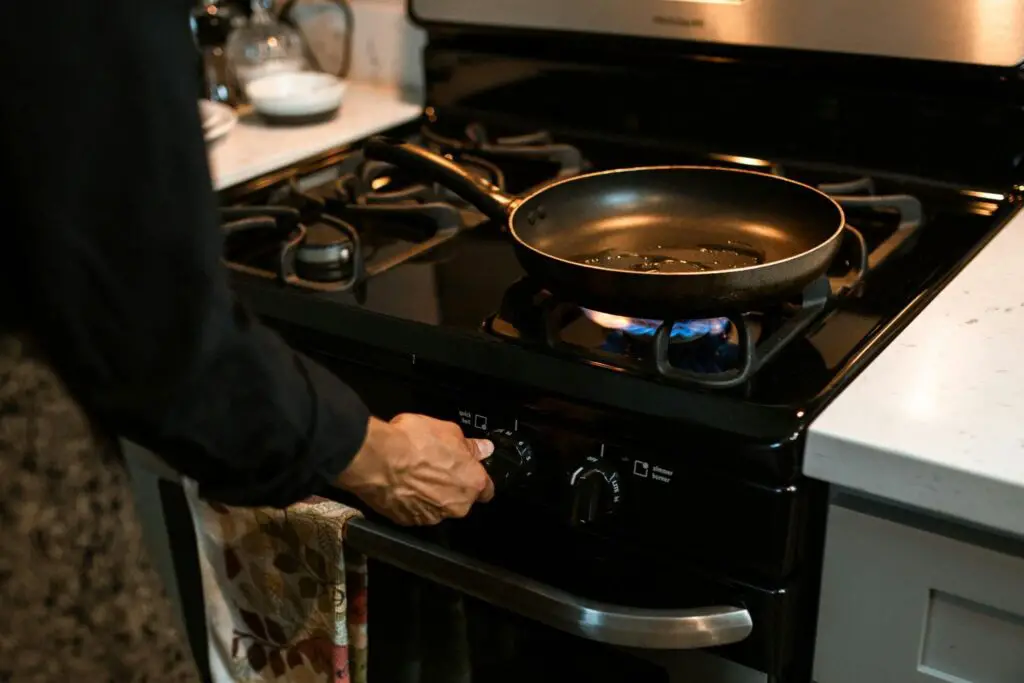In recent years, the British government has rolled out plenty of home grants to be economical in energy. In most cases, the funding for these is provided directly by them. In other cases, local authorities and energy companies like Fairway Energy are also given access to government funds to implement sustainable solutions. Now you no longer have to empty your wallet on energy bills!
Did you know that since 2019, the UK has been populating itself with daily schemes to ensure that it meets net-zero emissions on all operations by 2050? Let’s take a look at our rundown of the major grants offered to help achieve this goal!
1. Boiler Upgrade Scheme (BUS)
Boiler Upgrade Scheme is open only to the people of England and Wales. It promotes the usage of carbon-efficient heating systems and at the same time provides grants to property owners. This is done to find alternatives for fossil fuel heating systems like oil, electric, and gas. The scheme urges people to consider heat pumps and biomass boilers as perfect replacements. Even though you can only avail one at a time, there are three grants offered under this specific scheme. An amount of £7,500 is given for an air source heat pump and £7,500 for a ground source heat pump. A sum of £5,000 is made available to install a biomass boiler.
There are two important criteria for eligibility under this scheme. The applicant must hold the ownership of the property. The applicant should also be replacing the fossil fuel heating systems with the money given. Moreover, the property must hold an authentic Energy Performance Certificate (EPC) with no outstanding recommendations for loft or wall insulation. So before making your choice of grant under BUS, make sure to check your eligibility!
2. Sustainable Warmth Competition
Like energy companies such as Fairway Energy, local authorities are also entrusted by the government to support energy upgrades of houses within England. Enter the Sustainable Warmth Competition! This is a fully funded scheme within relevant cost caps made for the deprived and energy-inefficient homes.
To be awarded with funds under this scheme, the applicant must be in ownership of a housing facility that is domestic and privately owned. Plus, a gross annual income below £30000 must be generated from individual households. An EPC rating of E, F or G is preferred and will be put on priority. Those with a rating of D will enjoy only a limited allowance. If you meet one of these criteria, reach out to your local council for eligibility and you’re good to go!
3. Social Housing Decarbonisation Fund (SHDF)
For a greener nation, start by building renewable energy homes. The Social Housing Decarbonisation Fund is an initiative that sets out to do exactly that. Also, a whopping £3.8bn has been pledged for the next ten years to enhance the energy performance of buildings under this scheme.
Along with funding from housing associations, this grant helps retrofit homes in England while promoting green jobs. The scheme runs on several upgrades to heating – loft insulation, solar panels, external wall insulation, cavity wall insulation and air source heat pumps. The second wave of this scheme consists of an amount of £80 million to be used for decarbonizing social homes.
Regardless of whether you are in or out of the gas grid, you can apply for this grant. What better than SHDF to boost the well-being of housing tenants?
4. Energy Company Obligation (ECO)
The UK government has been focusing on bringing to effect more schemes that eradicate fuel poverty. To reduce carbon emissions in the near future, several energy-saving measures need to be taken. Only then can you create a smart home. This is where the Energy Company Obligation scheme comes to the rescue!
Under this scheme, only medium and large suppliers of England, Scotland, and Wales must assist vulnerable households with measures that guarantee a reduction in energy usage. These include insulation works and upgrading the heating systems. Do not forget to check with your energy supplier for eligibility.
This scheme is available in five iterations (ECO, ECO1, ECO2, ECO3, ECO4). It functions by holding the Home Heating Cost Reduction Obligation (HHCRO) on energy suppliers who possess 150,000 clients and more. The current order, the ECO4, encompasses about 450,000 homes. The implementation of it has taken off an average of £300 from property owner’s bills. Bye-bye, 15.08 megatons of emissions!
5. Home Upgrade Grant (HUG)

The Home Upgrade Grant is another government-funded grant delivered through the Greater South East Net Zero Hub in coordination with the local authorities. This is tailor-made for homes in England that do not use gas heating. The homeowners are thus given free energy-saving upgrades!
In order to qualify for phase two of HUG, all homeowners and tenants must comply with three strict standards. Only those homes that aren’t using main gas (oil, coal, LPG, electric) are eligible for this grant. These houses must also hold an EPC rating of D to G. The combined household income must fall to £36,000 or less per year. This is however subject to variation by postcode area.
Once these standards have been met, the local council will approach your building for a survey. They will further suggest the required energy improvement works. After you give the green signal, they arrange for the work to be carried out smoothly. No doubt, the Home Upgrade Grant is much like giving a HUG to your home by renovating it into an energy-efficient one!
6. Great British Insulation Scheme
The Great British Insulation Scheme has arrived! To help bring down your energy bill, this scheme primarily revolves around cavity wall insulation and loft insulation. Many more works such as solid wall and roof insulation, underfloor insulation, and flat or pitched roof insulation are also offered under this scheme.
If you’re residing in England and looking to insulate your home for winter, be quick to apply for the Great British Insulation Scheme! This support can only be availed if your building has an EPC of D to G. Additionally, it should also be part of the Council Tax bands A-D in England or an A-E in Scotland or Wales. Once your eligibility concerning these has been confirmed, an energy supplier will reach out to you.
Conclusion
To make your home renovations low carbon and fuel efficient, these are undoubtedly the best UK government-funded schemes out there for you. With suppliers like Fairway Energy, you could not be in safer hands. So cut costs and save energy with these home energy grants for renovations!

